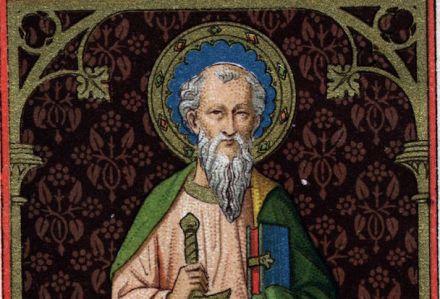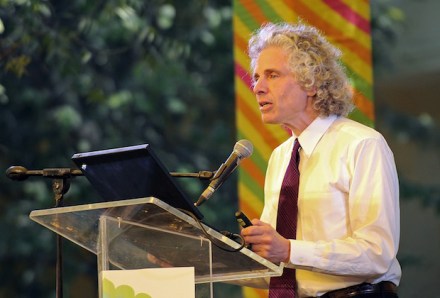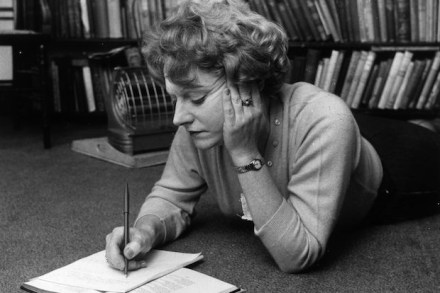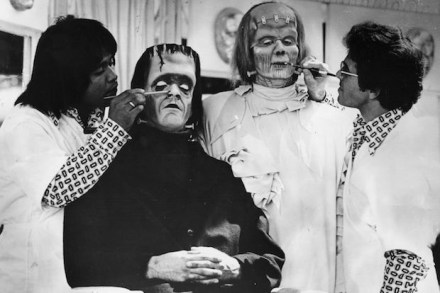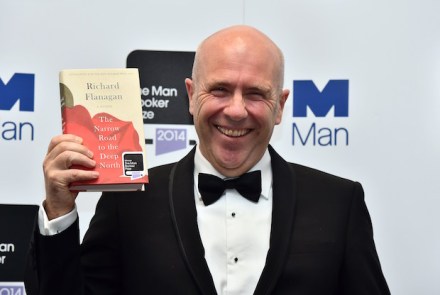Spectator Books: Arnhem
In this week’s Spectator Books, I talk to the military historian Antony Beevor about his latest book, Arnhem: The Battle for the Bridges, 1944. Beevor’s special brilliance as a writer is the way that — as General Sir Mike Jackson writes in this week’s magazine — he captures the “human factor” in armed conflict. This book about Operation Market Garden — the disastrous attempt by airborne troops to capture the bridges over the Ruhr — shows that quality in spades. He brings us not only the high command version of the operation’s failure, but gets us closer than ever to the bravery and terror and wild humour of the men on










